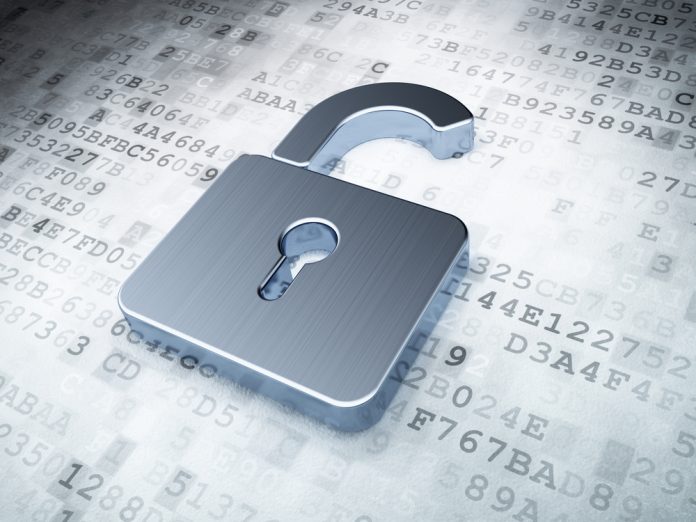If you run an online business or even an offline one that uses any kind of online technology, then you’re going to need to take measures to protect your business and any information you hold. You especially need to protect anything that belongs to your clients or suppliers that hackers or cybercriminals might be interested in getting a hold of for their own gain.
With this in mind, below are a few must-know tips to help you keep your business as protected as possible.
Update your machines
Technology changes very quickly. On one side, this can be a good thing because you’re typically always getting the newest versions of innovative software and tools to use in your business and life. The downside is, however, that when you’re using older technology or machines that haven’t been updated, you’re more vulnerable to cyber attacks and hacking that could potentially have devastating effects on your business. Therefore, it’s very important that you keep your machines updated with the newest versions.
Have security measures in place
Although updating your machines will serve as some protection, you need to have further security measures in place, such as excellent malware to recognize viruses and other things that shouldn’t be on your machine.
Other things you can add are secure payment encryption, which is especially important when protecting the financial information about your business and that of your clients. You can also use a VPN to help further protect your identity and prevent hackers from accessing data like your IP address. There are numerous VPN services online, so to check some out and see which one might be best for you, visit Security Baron to compare your options.
Change passwords regularly
If you’re using technology such as social media, online banking, and email, then you likely have multiple passwords to remember and keep safe, and although it can be tempting to make your passwords easy or to use all the same ones, this is dangerous and can have serious consequences.
Instead, you should ensure that all passwords are strong, regularly changed, and you don’t store them anywhere it would be easy to hack or read. It’s also never a good idea to use easy to guess passwords such as dates that other people would know or combinations such as abcd or 1234.
Have clear policies
If you’re running a business that operates using a website, then you’re going to need to a privacy policy and even a GDPR statement if your customers are based in the European Union. In addition, you’ll need to have a terms and conditions page on your site so that people know how to use the site and how their data is being used.
The good thing about having these policies in place is that you’re protected and that you also don’t need to spend money on lawyers to get this done. If you’re unsure about where to start, learning how to draft a privacy policy can be a valuable first step. You can use things like privacy policy generators which you can find online to help you get this set up until such times as you can afford a lawyer and justify the cost.
Find a Home-Based Business to Start-Up >>> Hundreds of Business Listings.

















































